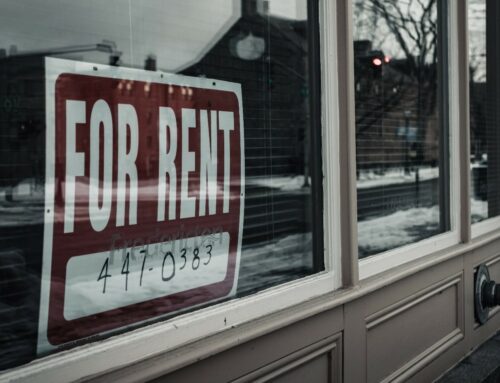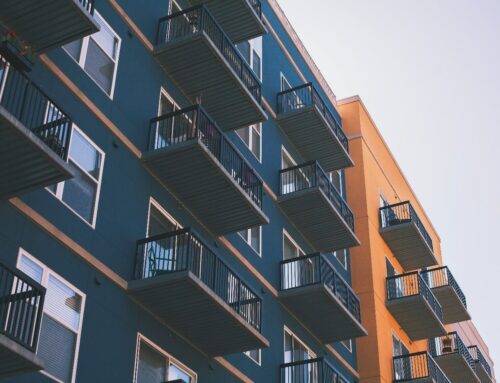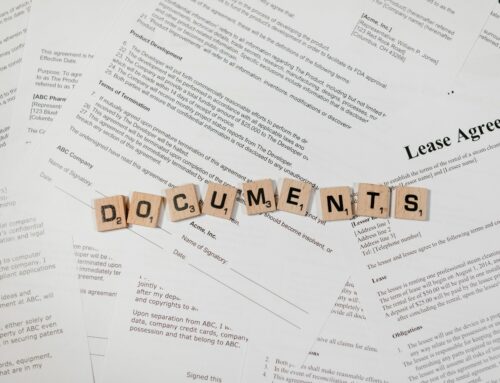Commercial real estate is an extremely lucrative industry for investments and earnings. According to statistics, it is currently worth at least $79.9 billion and, based on trends, this value will keep on increasing in coming years.
Another fact you need to consider about commercial real estate is the financial cost of entry. Commercial real estate properties are more expensive compared to residential real estate because they have a higher potential for earning. There are also many more policies and procedures in place for a typical commercial real estate transaction, including inspections and due diligence, which further add to the costs.
Due to the higher costs associated with it, most commercial real estate properties also have insurance.
Why You Need Commercial Real Estate Insurance
As we mentioned earlier, a normal commercial real estate transaction will be more costly than several types of investments. Whether you are a business owner or an investor, your commercial real estate will represent a significant portion of your total wealth.
Keeping in mind such details, it is reasonable to get it insured to protect it against damages resulting from theft or fire. Your Lender will require Insurance Coverage on your asset in order to fund a Commercial Loan purchase.
What Does Commercial Real Estate Insurance Cover?
Now that you have a basic idea of why commercial real estate insurance is important, let’s look at the coverage you are most likely to get when you opt for it.
A typical insurance plan will first highlight the asset categories within a commercial real estate property they provide coverage for. The list includes:
- Building
- Equipment
- Furniture
- Inventory
- Tools (if applicable)
Keep in mind that damage to these assets is covered by insurance for a specific set of circumstances. Below are the circumstances you can choose from for your insurance coverage:
- Damage from accidental fire
- Loss and damage due to theft or burglary
- Damage due to weather conditions (wind/hail/freezing)
- Water damage
- Customer injury claims
The number of circumstances you ensure yourself against will determine your premium.
Who Pays the Insurance Premium?
If you are renting out your commercial real estate property, the responsibility of paying the insurance falls on the tenant in the case of Triple Net Lease (NNN) as reimbursement on the lease. However, the responsibility falls on you in the case of Single or Double Net Leases.
However, you can always include the insurance cost in rent to make sure all your costs are covered.
What Commercial Real Estate Insurance Doesn’t Cover
While insurance will provide coverage for several risks, there are few notable incidents it does not offer protection for:
- Intentional property damage by you or your employees
- Damages due to simple carelessness
- Damage to business property (vehicles) outside of property premises.
Conclusion
Overall, getting commercial real estate insurance is beneficial for you. However, you can always prioritize getting coverage for the risks with a higher probability of occurrence.
If you need advice about purchasing commercial real estate properties, please get in touch with us. CHRE has several years of experience in commercial real estate. We will guide you to make the most profitable choice.






Leave A Comment